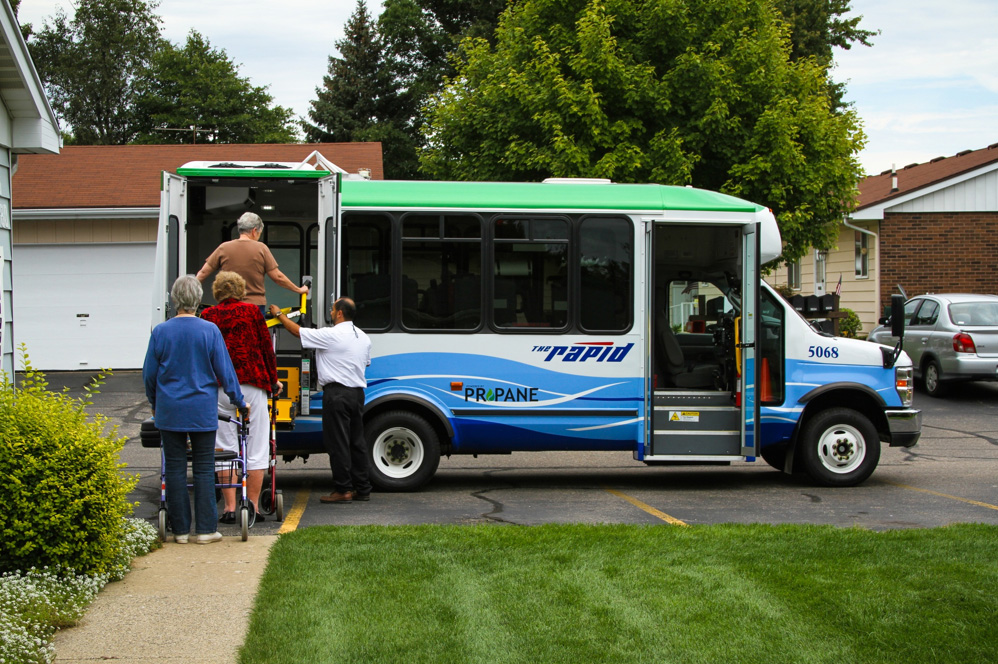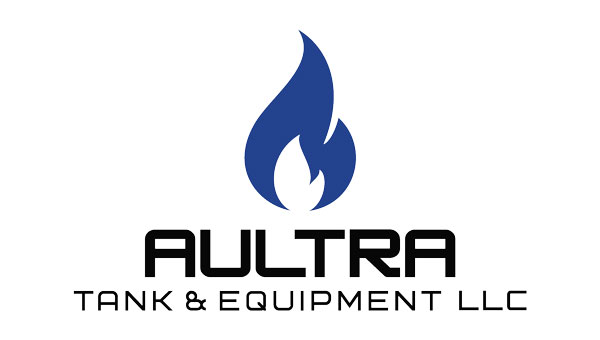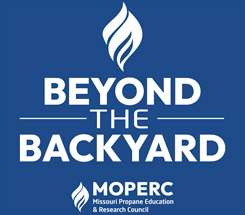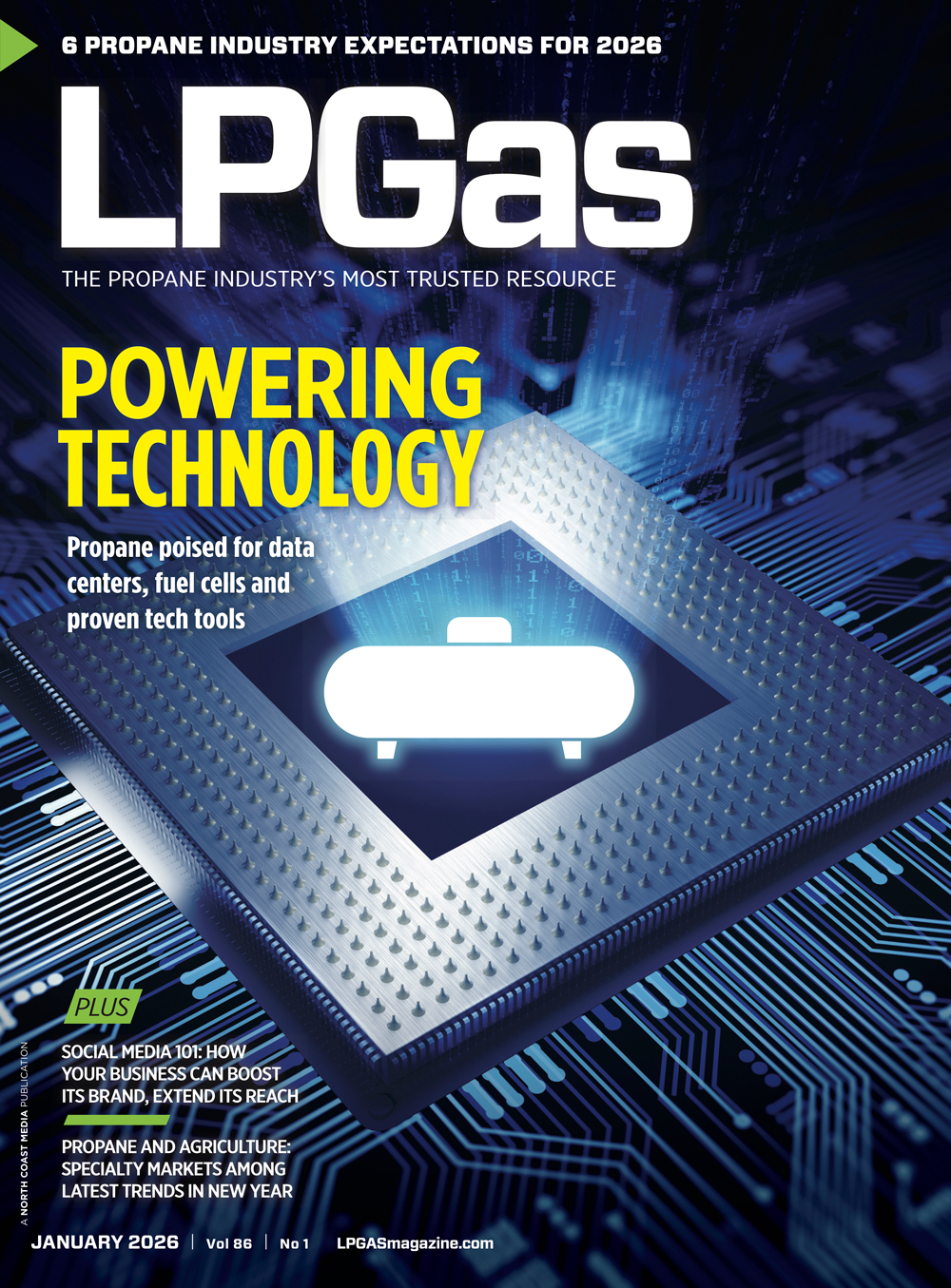Michigan transit runs 500 propane buses, cutting costs and emissions

Transit agencies in Michigan are transforming public transportation with the adoption of propane autogas, a clean and cost-effective alternative fuel. With approximately 500 propane transit buses now deployed across more than 15 agencies statewide, Michigan is driving advancements in mobility while reducing environmental impact and operating costs.
“Our state’s transit agencies are demonstrating confidence in propane autogas as a reliable and environmentally friendly fuel option for their fleets,” says Todd Mouw, executive vice president for Roush CleanTech, which is exhibiting Aug. 18-20 at the Michigan Public Transportation Conference in Thompsonville, Michigan. “With the support of Roush engineering and our commitment to sustainability, Michigan is leading the charge toward a greener, more cost-efficient transit future.”
The agencies’ transit buses are equipped with advanced propane engine systems designed and built by the Livonia-based company. According to the company, the Roush CleanTech Ford E-450 cutaway chassis is the only propane vehicle that has completed the Federal Transit Administration’s New Model Bus Testing Program, which allows transit fleet operators to access federal funds.
Flint Mass Transportation Authority (MTA) has over 150 buses fueled by propane.
“Propane is the ideal fuel to drive down operational costs and to carry our commitment to reducing our exposure to unstable imported fuel prices,” says Edgar H. Benning, CEO of MTA, which has been operating propane since 2011.
According to the company, all of Roush CleanTech’s propane buses are certified to the ultra-low nitrogen oxide levels of 20 milligrams per brake horsepower-hour, making them 90 percent cleaner than the EPA’s strictest federal emission regulation and ready to meet U.S. Environmental Protection Agency and California Air Resources Board‘s 2031 standards.
“We’re reaping the benefits of propane on a daily basis,” says Daniel Whitehouse, vice president of paratransit and on-demand services for Metro Detroit’s Suburban Mobility Authority for Regional Transportation (SMART). “Not only were we interested in the cost savings of the fuel and lower maintenance costs, we wanted to help make an impact on the environment with clean propane autogas.”
SMART currently operates over 60 propane buses.
The propane buses also lower daily operating costs due to reduced fuel and maintenance expenses. On average, propane autogas costs about 40 percent less than gasoline and 50 percent less than diesel. In addition, propane buses offer low maintenance costs, optimal drivability, long range, reliable cold-weather performance with unaided starts up to minus 40 degrees Fahrenheit and a quick cabin warm-up.
More than 7,000 propane transit vehicles operate across the United States, according to the Propane Education & Research Council.
















